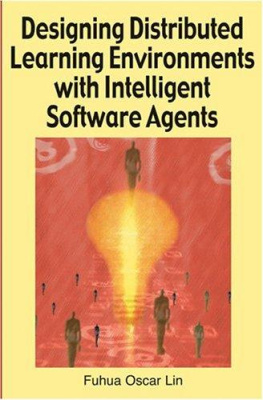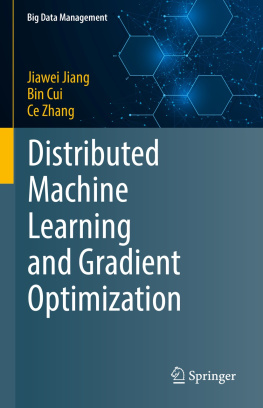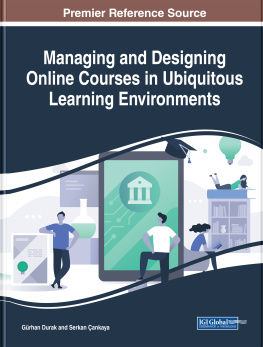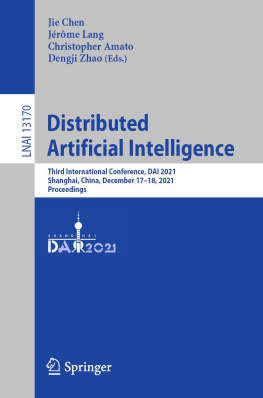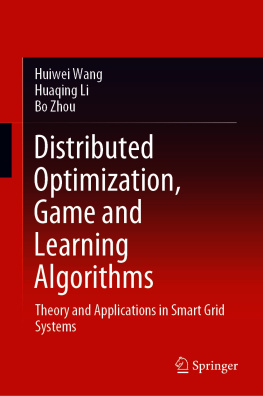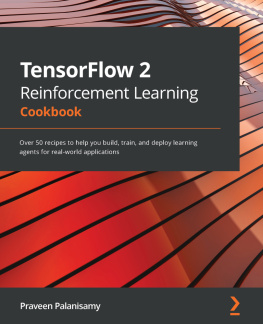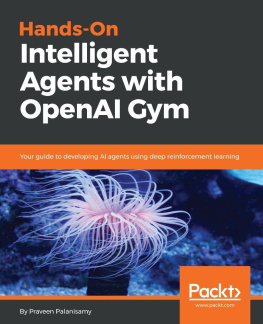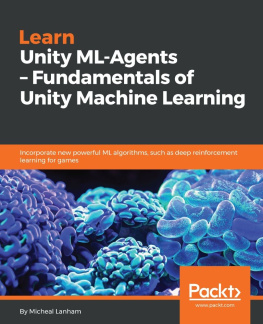Designing Distributed Learning Environments with Intelligent Software Agents
Fuhua Oscar Lin
Athabasca University, Canada
Acquisition Editor: Mehdi Khosrow-Pour Senior Managing Editor: Jan Travers Managing Editor: Amanda Appicello Development Editor: Michele RossiCopy Editor: Lori Eby Typesetter: Amanda Appicello Cover Design: Lisa TosheffPrinted at: Yurchak Printing Inc.
Published in the United States of America by
Information Science Publishing (an imprint of Idea Group Inc.)
701 E. Chocolate Avenue, Suite 200
Hershey PA 17033Tel: 717-533-8845
Fax: 717-533-8661
E-mail: cust@idea-group.com
Web site: http://www.idea-group.com
and in the United Kingdom by
Information Science Publishing (an imprint of Idea Group Inc.)
3 Henrietta StreetCovent Garden
London WC2E 8LUTel: 44 20 7240 0856
Fax: 44 20 7379 3313
Web site: http://www.eurospan.co.uk
Copyright 2005 by Idea Group Inc. All rights reserved. No part of this book may be reproduced in any form or by any means, electronic or mechanical, including photocopying, without written permission from the publisher.
Library of Congress Cataloging-in-Publication Data
Designing distributed learning environments with intelligent software agents / [edited by] Fuhua Oscar Lin.
p. cm.
Includes bibliographical references and index. ISBN 1-59140-500-9 (hardcover) -- ISBN 1-59140-501-7 (pbk.) -- ISBN 1-59140-502-5 (ebook) 1. Intelligent tutoring systems. 2. Artificial intelligence--Educational applications. 3. Intelligent agents (Computer software) I. Lin, Fuhua Oscar, 1962
LB1028.73.D47 2005 371.33'4--dc22
2004003760
British Cataloguing in Publication Data A Cataloguing in Publication record for this book is available from the British Library.
All work contributed to this book is new, previously-unpublished material. The views expressed in this book are those of the authors, but not necessarily of the publisher.
About the Authors
Fuhua Lin is an associate professor at the Center for Computing and Information Systems of Athabasca University, Canada. He received his Ph.D. in 1998 from Hong Kong University of Science and Technology, Hong Kong, China. He is a frequent speaker, program committee member, and workshop organizer at international conferences and has authored or co-authored over 40 refereed journals, book chapters, and proceeding publications. His current research interests include intelligent software agents and their applications. He is a member of IEEE and ACM. Dr. Lin is also involved in the AI in education (AIED) and Information Resource Management Association (IRMA). (http:/ /io.acad.athabascau.ca/~oscar )
* * * * *
Mohamed Ally, Ph.D., is director and associate professor, Centre for Computing and Information Systems at Athabasca University, Canadas Open University. He teaches graduate courses in computing and information systems and distance education and is involved in research in distance education and online learning. His research interests include graphical user interface, best practices in distance education, and designing intelligent tutoring systems for online learning. Dr. Ally has presented papers at national and international conferences and has written papers for journals and edited books.
Ping Chen is an assistant professor in the Computer and Mathematics Science Department, University of Houston - Downtown (USA). His research interests include bioinformatics, data mining, and security. His current projects include research to develop new algorithms for data visualization, clustering, association rules, and Web mining. Ping Chen received a B.S. in Information Science and Technology from Xian Jiao Tong University (1994), am M.S. in Computer Science from the Chinese Academy of Sciences (1997), and a doctoral degree in Information Technology at George Mason University (2001).
Weiqin Chen is an associate professor with the Department of Information Science at the University of Bergen, Norway. She has been leading the pedagogical agent group in the DoCTA-NSS project. She received her Ph.D. in 1997 from the Chinese Academy of Sciences, China. Her current research interests include software agents, especially pedagogical agents, distributed collaborative learning, agile software development, mobile computing, and personalization in e-commerce.
Yung-Hui Chen is a Ph.D. student with the Computer Science and Information Engineering at Tamkang University, Taiwan, R.O.C. His research interests include distance learning, multimedia computing and networking, and content- based retrieval. Yung-Hui Chen received his B.S. and M.S. degrees in Computer Engineering from Tamkang University in 1997 and 2000, respectively.
Wei Ding is a lecturer for the Computer Science program and Computer Information System program of the School of Natural and Applied Sciences, University of Houston - Clear Lake (USA). Her current teaching and research interests include Web application development, visualization, security, bioinformatics, and Web mining. Ms. Ding received her B.S. in Computer Science from Xian Jiao Tong University (1993) and an M.S. in Software Engineering from George Mason University (2000). The title of her thesis is Using Model Checking to Generate Test Cases for Critical Systems. In the last eight years (1993-2001), Ms. Ding has worked as a software engineer for the Bank of China, a testing engineer for Microsoft (China) Ltd., a system analyst and project manager for PanSky International Holding Co. Ltd., a QA team leader for MultiCity.com, and a technical consultant and software engineer for VeriSign Inc.
Khalil El-Khatib received his B.S. in Computer Science from the American University of Beirut (AUB) (1992). From 1992-1994, he worked as a research assistant in the Computer Science Department at AUB. In 1996, he received his M.Sc. in Computer Science from McGill University. His research topic was Dynamic Load Balancing for Parallel Discrete Event Simulation. In 1996, he joined the High Capacity Division at Nortel Networks as a software designer. After two years, he joined the Distributed System Research Group at the University of Ottawa as a Ph.D. candidate under the supervision of Prof. G. V. Bochmann. His research work includes QoS for multimedia applications, personal mobility, IP telephony, feature interaction for VoIP, and ubiquitous computing. He joined the National Research Council of Canada on February 2002, as a member of the Network Computing group, researching security and privacy issues for the Internet and ubiquitous computing environments.
Larbi Esmahi is an associate professor at the Centre for Computing Information Systems at Athabasca University (Canada). He received his Ph.D. in Electrical Engineering from University of Montral (Ecole Polytechnique de Montral), Canada. He worked for six years as a software engineer in different industrial companies (1988-1995). During his Ph.D., he spent three years in the Computer Research Institute of Montral (CRIM) working on multiagent cooperation mechanisms in e-commerce and network services management. His research interest is focused on e-learning, e-commerce, and e-services creation and provisioning.
Larry Korba is the group leader of the Network Computing Group of the National Research Council of Canada in the Institute for Information Technology. He is currently involved in several projects related to security and privacy. His research interests include privacy protection, network security, and computer-supported collaborative work.
Hong Lin received a Ph.D. in Computer Science at the University of Science and Technology of China (1997); was a postdoctoral research associate at Purdue University; was an assistant research officer at the National Research Council of Canada, and was a software engineer at Nokia Inc. Currently, Lin is an assistant professor with the University of Houston - Downtown (USA). Dr. Lin is the author of more than 30 research papers. Dr. Lins research interests include: parallel/distributed computing, computer networks, network security, and programming methodologies.

